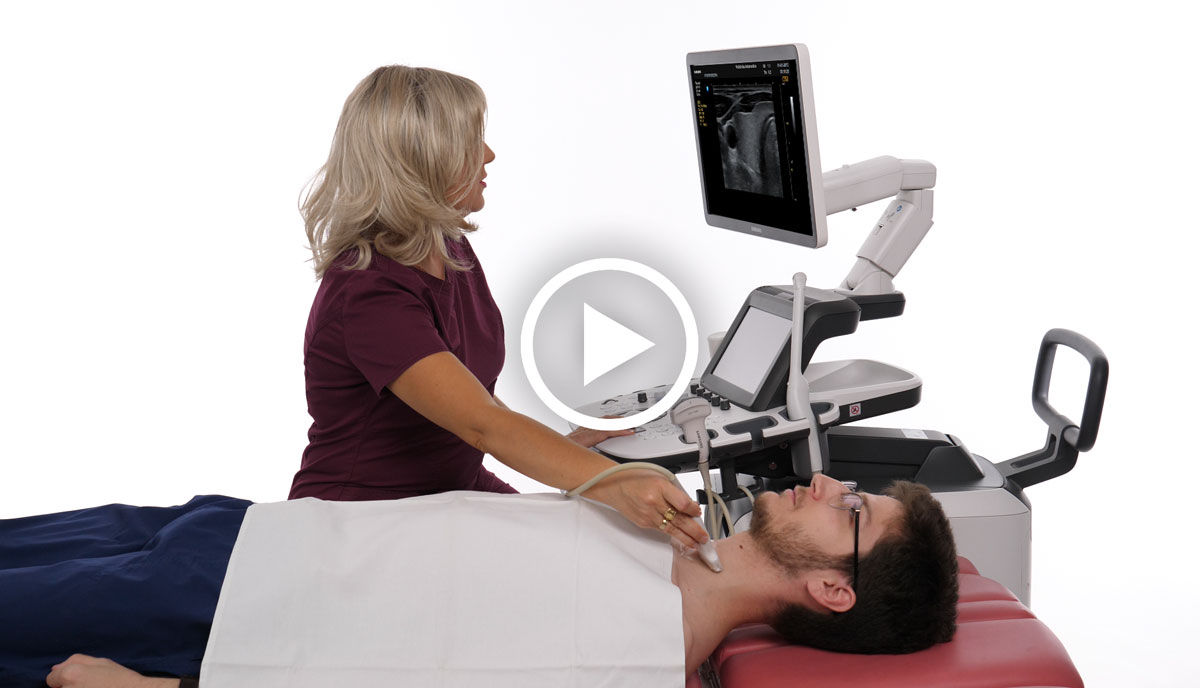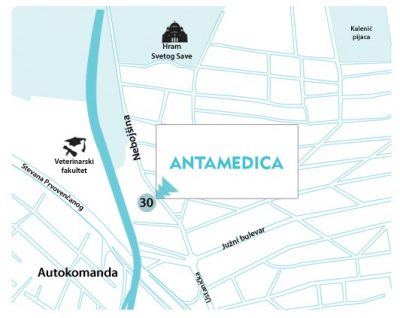Color Doppler of the Blood Vessels of the Head – TCD
Color Doppler of the blood vessels of the head is a diagnostic procedure that uses an ultrasound technique to analyze the blood flow through the blood vessels in the brain and head.
TCD (transcranial Doppler sonography) provides information about the speed, direction, and characteristics of blood flow in blood vessels, including the carotid arteries, vertebral arteries, and other blood vessels in the head and neck region.
Specifically, the color Doppler in the name refers to the use of Doppler technology along with color to visualize and monitor the speed of blood flow in blood vessels. When color doppler is used, different colors represent different blood flow velocities, allowing for quick and clear visualization.

This procedure is usually painless and non-invasive, and TCD results can provide important information about the state of blood circulation in the brain.
The use of TCD can be useful in a variety of clinical situations, including:
Assessment of cerebral circulation:
TCD can help assess blood circulation in the brain and identify possible problems, such as narrowing of the arteries or the presence of blood clots.
Stroke monitoring:
TCD can be used to monitor stroke patients to assess blood circulation and identify potential problems that could contribute to a recurrence.
Monitoring of cerebral autoregulation:
TCD can help monitor the brain’s ability to regulate blood flow to maintain optimal function, particularly in conditions such as trauma or disease that can affect cerebral autoregulation.
Monitoring of operations on the carotid arteries:
TCD is sometimes used during carotid artery surgery to monitor blood flow and reduce the risk of stroke during surgery.
Who are the courses and trainings intended for?
Who are the courses and trainings intended for?
• General practitioners, residents, specialists, and subspecialists in various medical fields who want to gain basic and advanced knowledge and skills for independent performance of ultrasound and color Doppler diagnostics.
• Doctors trained to perform ultrasound and color Doppler examinations but unable to conduct a sufficient number of ultrasound examinations in daily practice to stay trained for routine ultrasound examinations.
• Experienced doctors who want to refresh their knowledge, receive a certificate, and earn points for license renewal.

